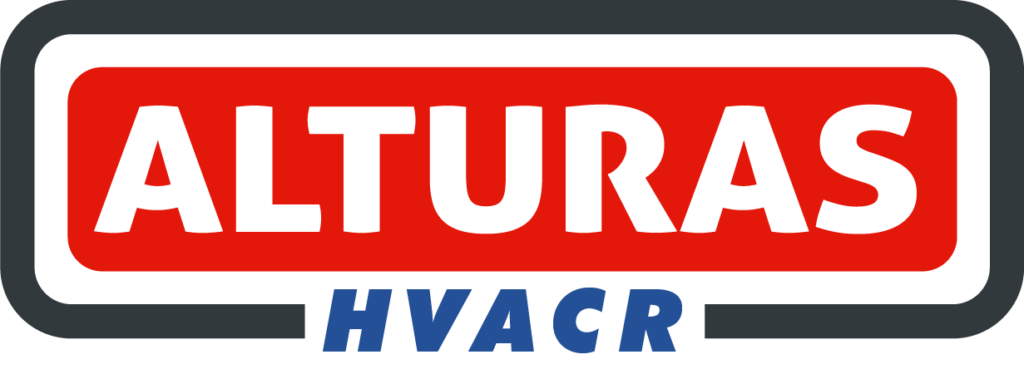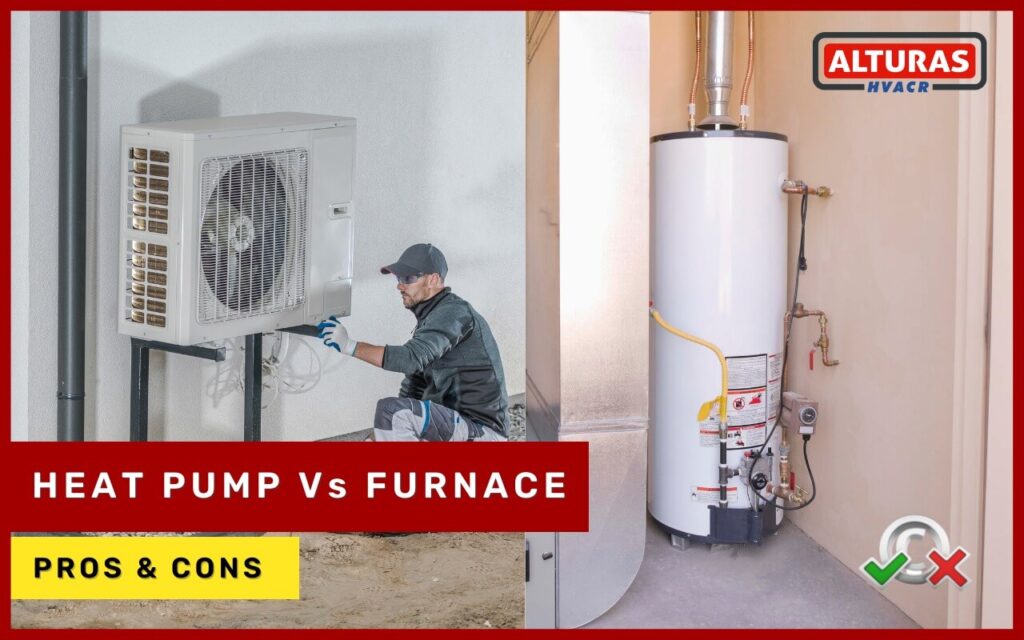Well, both of these, heat pumps and furnaces help in heating your home, but both of them do their job in different ways. While a furnace would use combustion to heat the air, whereas a heat pump absorbs heat from the air that is outside which is then turned into a hot gas that is used to heat your entire home.
Let us take a look at how they actually work, with the advantages and disadvantages of each of these systems.
Furnace
A furnace actually works by using a fuel source that is most commonly natural gas, they tend to light a burner in a combustion chamber. With the help of a pilot light or even an electronic ignition, while you turn your heating system on or set it to burn at a particular temperature, the flame would create heat and it will blow the hot air throughout your entire home.
Furnaces are made up of four main parts:
- A burner that will burn the fuel
- Heat exchangers that would transfer heat
- Blower fans that help in distributing the heat
- Flue to vent gas by-products
Here are some of the biggest pros and cons of furnaces.
Pros:
- Heat homes quickly
- Longer lifespan that can go up to 20-30 years
- Usually needs less maintenance
Cons:
- Only functions to provide heat
- Some noise as air moves through the ducts
- Can provide uneven heating
- Involves a separate air conditioning system for cooling purposes
Heat Pump
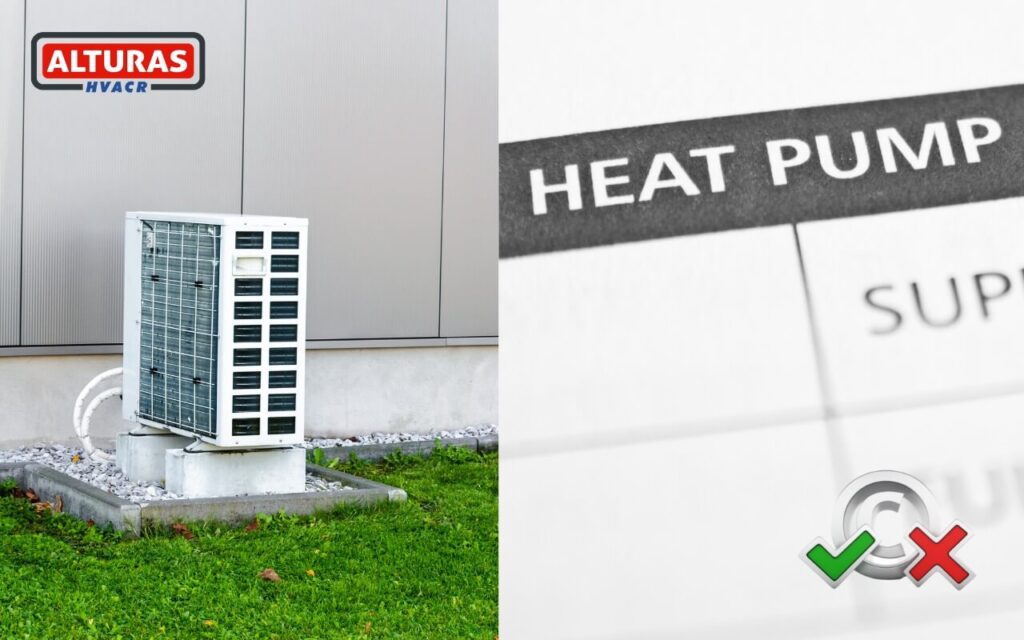
Whereas a heat pump would never require fuel for the reason of generating heat. As an alternative, it would absorb the heat from the air that is outside. Using a cycle of evaporation and condensation, it would pump the refrigerant between the indoor and outdoor coils so that it can heat the air before dissolving it. It helps in transferring heat between locations.
Heat pumps are made up of these main parts:
- The outdoor unit includes a condenser coil
- An indoor air handler that includes an evaporator coil and blower motor
- The line set that helps in connecting the two units and holds the refrigerant
- A reversing valve that would enable the system to switch between heating and cooling
Here are some of the biggest pros and cons of heat pumps.
Pros:
- It can provide both heating and cooling functions
- Very energy-efficient
- It does not produce greenhouse gas releases
- Peace and quiet operation
Cons:
- Comparatively shorter lifespan that is 10 to 15 years roughly
- Heat pumps can struggle on exceptionally cold days, which may require a supplemental system that may be needed for the function of heating
- It always needs indoor and outdoor units, which would always take up more space
- Warms more slowly
Ductless units would suffer less heat loss due to the reason that they are delivering the heat directly from the unit rather than transporting it through ductwork. Nevertheless, they can be significantly greater in terms of cost for you to buy and install. They do tend to produce heat at much lower temperatures than other traditional heat pumps.
Heat Pump vs Furnace
This is vast and there is so many other options in the great furnace vs heat pump discussion: a heat pump furnace combo. It is the best way to get the best of both worlds using two fuel sources. The heat pump always works by producing heat for your entire home until the temperature would start to drop too low for the heat pump to heat in the best way possible. When a situation like this happens, the system switches over to natural gas to provide sufficient heat.
Without any doubt, one of the major factors in deciding whether you have to invest in a heat pump or furnace will always be the climate in the area you live. If the temperature of that particular area rarely gets below the freezing point, a heat pump would be an affordable solution. Also if you live in a place where the temperatures do get into the single digits on a daily basis, a furnace or a heat pump furnace combination can be your best choice.
You will have to consider a lot of things like installation costs, energy costs as well as maintenance. For many, the decision often comes down to personal preference.
Difference of cost between a heat pump and furnace
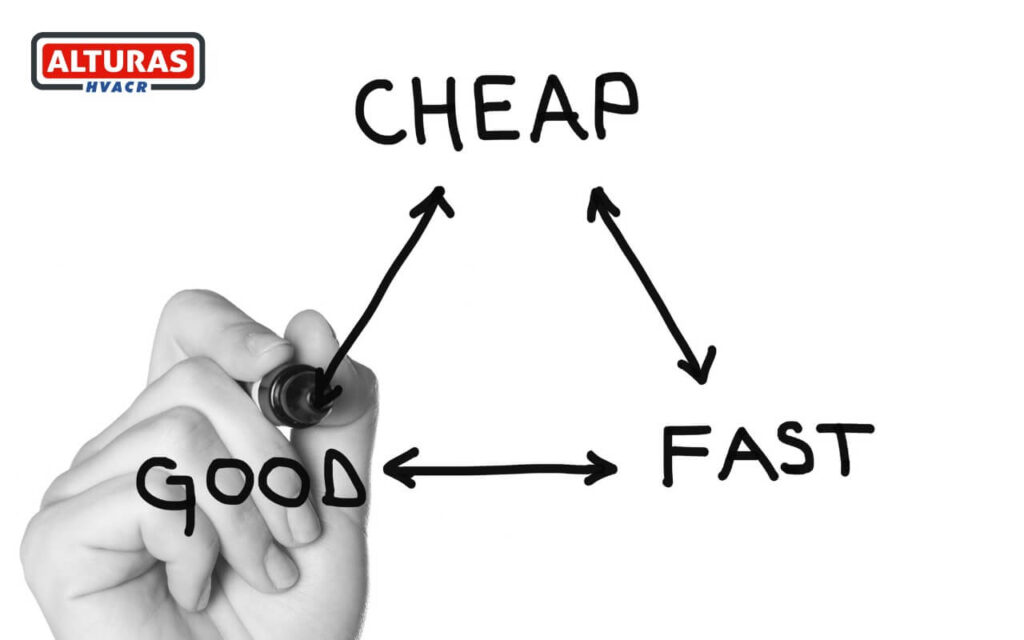
Cost-related questions are one of the most common concerns that homeowners are likely to ask while they are comparing a heat pump and a furnace. Always remember that your costs will always depend on what your home is already equipped for. A lot of homes that have direct access to natural gas may find that a furnace is a better and more affordable option. While on the other hand, any home that has no natural gas access would tend to pay more in order to install the furnace. But everything else being equal, a heat pump is usually more affordable in this regard.
What is cheaper to run a heat pump or gas furnace?
Always remember that it might cost a lot more for a heat pump installation if we compare it to replacing a furnace, but in actuality it only depends on so many factors also. Direct access to natural gas, the whole equipment and wiring that is currently in your home, the required configuration of the new system, the condition of existing ductwork, and more influence the installation price. Of course, a heat pump generally costs less to function as compared to furnaces, so any higher upfront costs are quickly recouped.
Heat Pump vs Electric Furnace
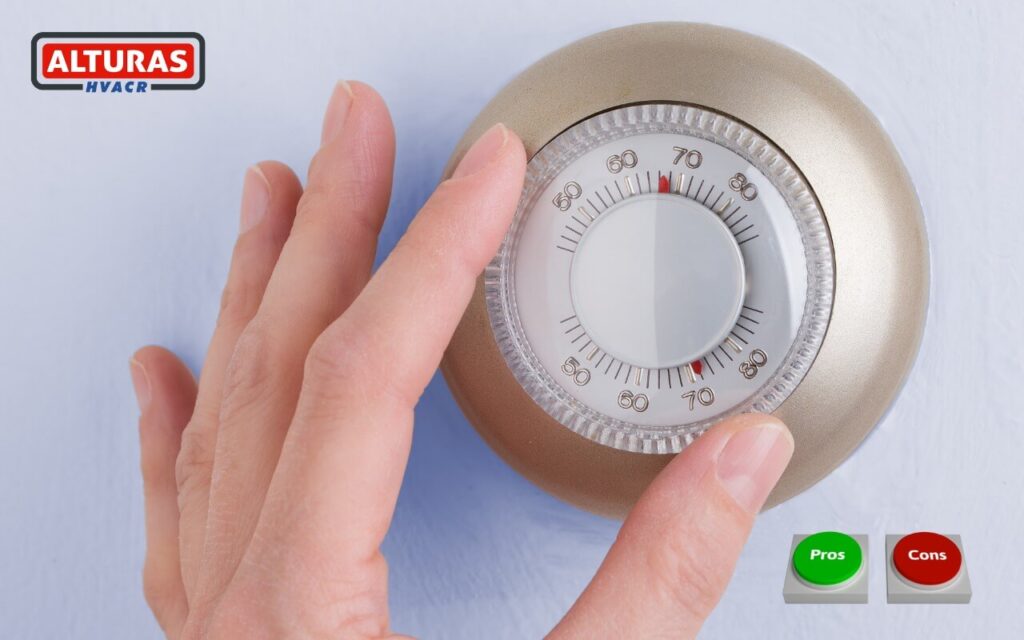
When we make the electric furnace vs heat pump comparison, you would learn that the biggest similarity between these two is that they both use electricity in order to heat your home. Also, both of these are more prevalent when we consider southern states where the winters are milder and heating always need to take a back seat to cool.
Whereas electric furnaces tend to use electric coils in order to generate heat, while heat pumps use electricity to move heating energy from outside to the inside of the boundary. Heat pump systems, particularly in colder climates, will often have a backup heat source for more severe weather conditions, electric resistance heating coils in the air handler unit (fan coil) are very common. Electric furnaces are considered to be 100% energy efficient, but keep in mind that they can actually cost you almost 2.5 times more than a typical heat pump to output the same amount of heat. And a heat pump system would provide cooling as well as heating. An electric furnace would always need help during the summer season with central air conditioning or other sources of cooling comfort.
Since you are replacing the air conditioner and the electric furnace then installing a heat pump, then installing a heat pump will take about the same amount of work and installation time to install the heat pump as the air conditioner with an electric furnace. The air handler and the condenser will be replaced with an air handler that is similar to the air handler you have now except there will be some heat pump controls versus the electric heat controls that are used to control the electric furnace now.
The bottom line
Now that we have discussed the characteristics of both heat pumps and furnaces, you must be probably wondering which one is better? Well, there is not necessarily one option that could be better than the others. As we have seen both the heat pump and furnace have some advantages, so the right heating solution for you largely depends on your own situation.
You might think that the heat pump might be the better option if you live in those areas that have a mild climate. In this situation, a heat pump would be able to transfer heat into your home rather than generate new heat, and it is considered more energy-efficient than a furnace in those situations.
Whereas a furnace is probably the right choice for you if you live in an area where it gets very cold during the winter season. While a furnace is not generally as energy efficient as a heat pump would be in mild climates, heat pumps struggle to keep up in cold temperatures. So, as a result, a furnace that generates its own heat will perform more efficiently in that type of weather.
